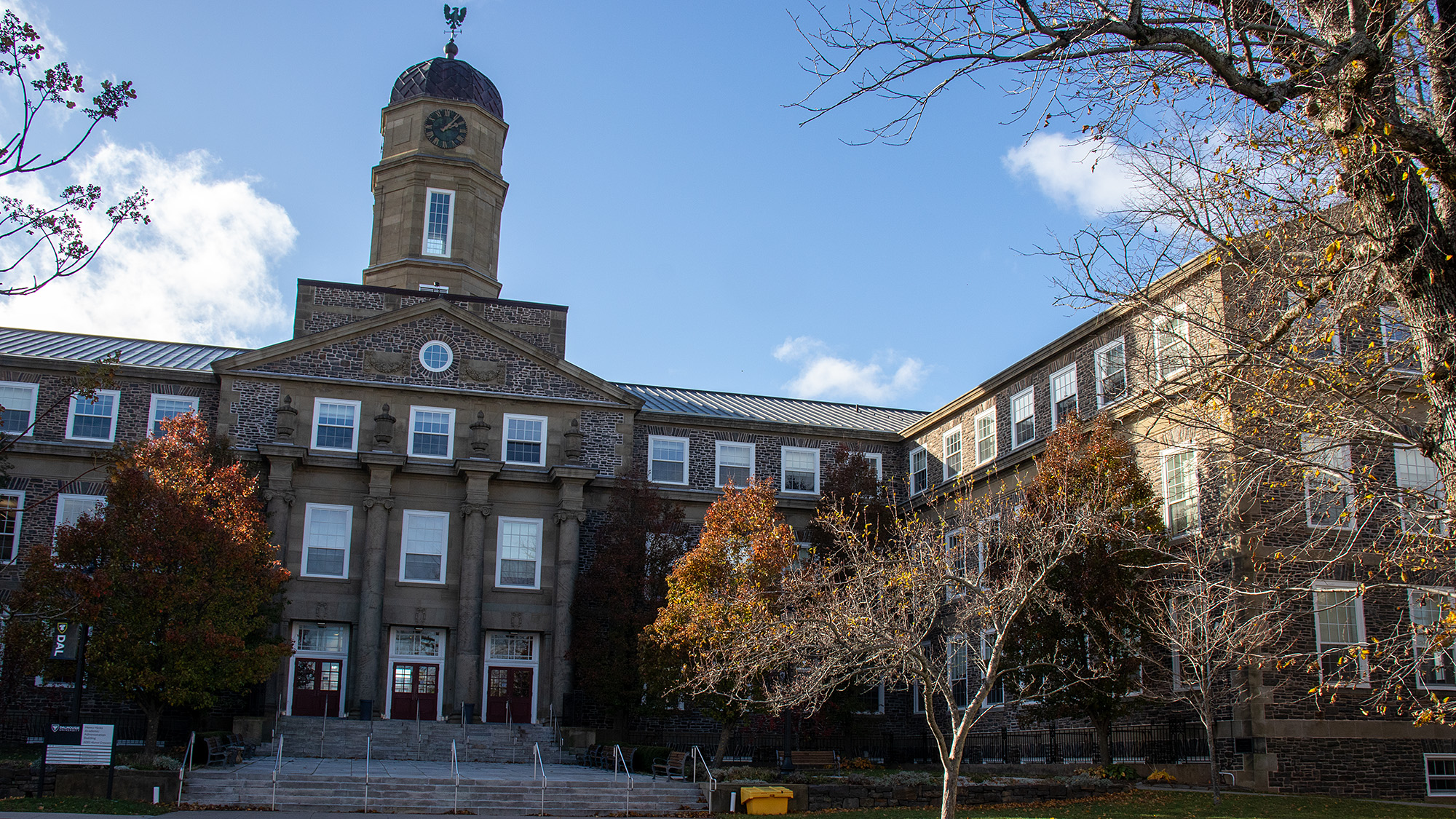Researchers successful in fight against ‘unethical’ data request from federal committee
Motion targets equity, diversity and inclusiveness in Canada, say scientists

caption
Over 140 academics from Dalhousie University in Halifax signed an open letter raising concern over a Parliamentary committee's "unscientific" motion to request application data.
An open letter signed by over 5,000 researchers across Canada has succeeded in appealing a federal government committee’s motion to gain access to private information.
On Oct. 1, Parliament’s science and research committee adopted a motion to require Canada’s three scientific funding councils, referred to as the Tri-Council, to provide the committee “disaggregated” data of all submitted applications from the last five years.
The motion would require the release of “demographic data of applicants and collaborators, including applicants’ responses to the equity, diversity, and inclusion (EDI) questionnaire.”
The motion drew the attention of Canadian researchers, who drafted a petition in response calling it “unscientific in its approach” and “unethical,” saying it would “be a breach of trust with the researcher community given that they have been assured of the confidentiality of their data.”
In a Nov. 5 meeting, committee chair and MP for Scarborough Centre-Don Valley East, Salma Zahid, addressed the open letter, as well as hundreds of emails from researchers, that “raised serious concerns about the privacy implications of the production order and its potential impact on research.”
Vancouver Granville MP Taleeb Noormohamed said the process of disaggregating the data would cost about $4 million. The motion was then amended to request the information in an aggregated and anonymized form.
Gaynor Watson-Creed, a member of the faculty of medicine at Dalhousie University, was one of more than 140 Dalhousie academics to sign the open letter.
“I certainly welcome the committee’s revisitation of the initial problematic motion, and am pleased that the scientific community has responded to the previous concerns as robustly as it has,” said Watson-Creed.
She said the committee’s request for a large amount of private information with no clear objective was concerning.
“It’s a bit ironic that a standing committee that is informing science and research should take an unscientific approach that researchers themselves would never be permitted to take.”
The letter also said the committee had “become an arena for a targeted attack on equity, diversity and inclusiveness in science and research.”
On Sept. 24, Concordia marketing professor Gad Saad told the committee every grant application in the social sciences “is about queering this and Indigenizing that,” and referred to EDI as “parasitic nonsense.”
Kevin Hewitt, a physics professor at Dalhousie University who also signed the letter, said the committee hosting these discussions wasn’t the issue for him.

caption
Kevin Hewitt, photographed here in his office, said he thinks Parliament’s science and research committee has an “agenda.”“I wholly support freedom of expression. And that means, you know, the committee should hear all sides of this issue,” said Hewitt.
However, Hewitt said he believes EDI has a positive affect on Canadian research and combats inherent biases.
Watson-Creed echoed the importance of EDI.
“What matters about that research is that it tells the stories of communities that otherwise don’t have a voice,” she said. “And so those communities are in fact relying on those researchers to tell their stories, to give meaning to their stories, to bring their stories into the decision-making and policy context that matter in this country.”
None of 10 the MPs on the committee responded to The Signal’s request for comment.
About the author

Owen Starling
Owen Starling is a reporter for The Signal and a fourth-year Bachelor of Journalism student at the University of King's College.

Leave a Reply